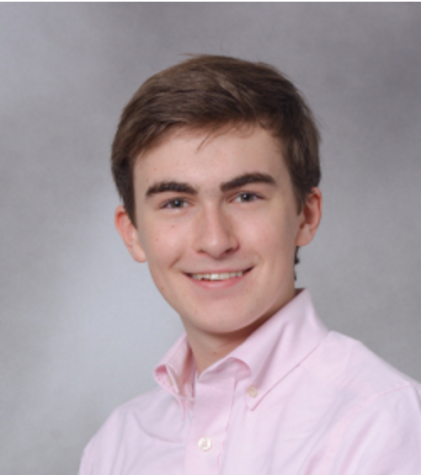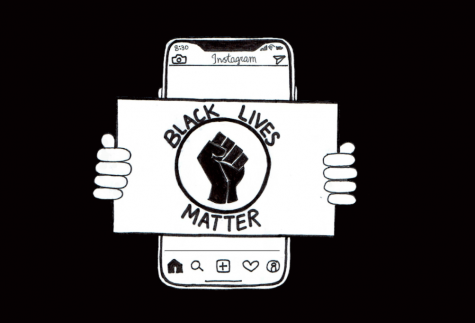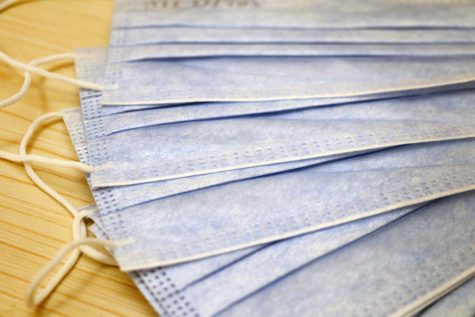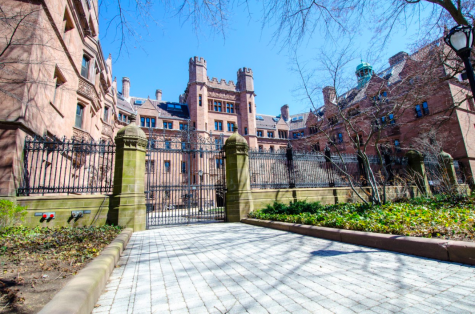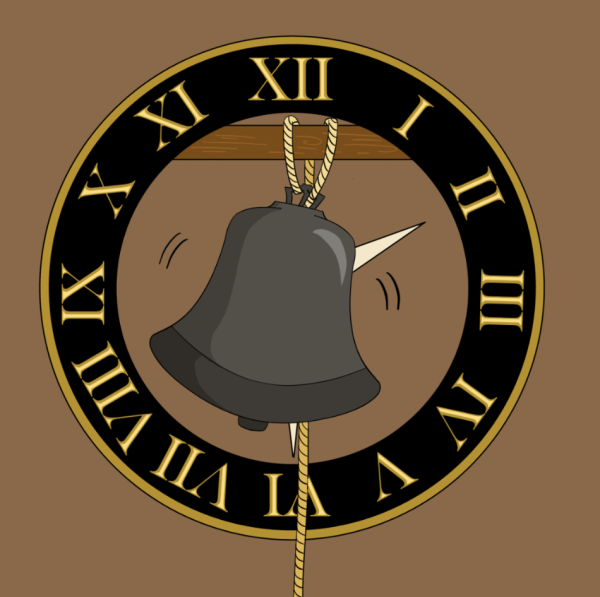Curing Democracy’s Headache
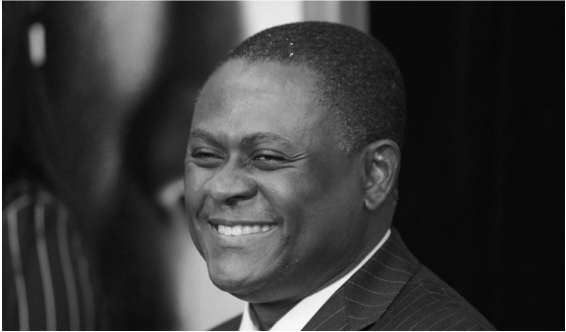
Dr. Bennet Omalu
A few months ago, I saw the trailer for a movie called Concussion. It is about the NFL scandal (circa 2007) over the effects of frequent and forceful blows to the head. Will Smith portrays Dr. Bennet Omalu, a Nigerian forensic pathologist whose research caused the scandal. I doubt I will ever forget Smith’s opening line in the trailer: “When I was a boy, Heaven was here [he holds out a hand], and America was here [lowers his hand, only slightly].”
In many ways, the story of Dr. Omalu is a powerful argument against pessimism regarding the future, especially regarding our nation’s destiny and our own ability to shape it. Bennet Omalu was born in Nigeria during a civil war, obtained a medical degree in Nsukka at the age of twenty-one, and worked as a doctor in mountainous rural areas for several years. In 1993, Nigeria held its first democratic elections in over a decade. But the proceedings were badly botched, and within a year the government was overthrown in a coup. Disheartened by what he saw, Dr. Omalu decided to leave Nigeria. Like countless immigrants before him—immigrants of many faiths, ethnicities, and classes—he chose to immigrate to America, his heaven on Earth.
Eventually, Dr. Omalu’s work as a forensic pathologist lead him to investigate links between professional football and psychological problems later in life. I won’t summarize the details of Dr. Omalu’s campaign, but anyone who follows pro football or the news will have a vague grasp of his crusade against the NFL bosses.
What’s truly remarkable about Dr. Omalu’s efforts to expose the dangers the NFL would conceal is that he did not seek the destruction of football. He did not want to end a game as quintessentially American as Route 66 or a bacon cheeseburger. Instead, he sought to reform the game, not by using negativity or lies, but through sheer force of will, backed by concrete evidence. That is the shape reform in America ought to take looking forward.
Yet it is not the spirit we see in today’s public life. Many Americans speak of the end of our predominance, of a century led by China. They claim that our culture, our morality, our economy, and every other aspect of American life are in rapid and irreversible decline.
That downbeat spirit is manifested in the increasingly-dark tone of this election process. Our politics’ cynicism can only be a reflection of a similar collective feeling. But it does not have to be that way. On the contrary, only by stopping this pity party can we end its causes. Why? Because the United States of America has long been a boundlessly-optimistic nation. We are at our best when optimistic. From JFK’s Apollo program to the Reagan boom, America’s most beloved and most successful leaders have been optimists. Going at each other’s throats is not optimistic. Barring Muslims from entering the US is not optimistic. Holding gun manufacturers liable for shootings is not optimistic.
It is time that we collectively acted more like Dr. Omalu and the many other immigrants who have contributed to the United States’ accomplishments. This country has survived wars, pandemics, economic disasters, terrorism, and a thousand other crises. And through it all, we have not merely maintained our democracy; we have expanded it. So enough with the false prophets and their claims of imminent doom. We don’t need to destroy our constitutional liberties to be safe. We don’t need trillions of dollars of additional government spending to improve our education system. We don’t need some radically new ideology—be it social democracy or neofacism—to save us. There’s a reason cowboys are so idealized in our culture. This is a nation of doers, of people who are fiercely independent at heart, liberal or conservative. And we can save the land we love without extremism or political polarization. So try not to say that you “hate” someone just because of a political disagreement you have with them. Stop predicting the end of our way of life. It’s clichéd. And remember that it’s always darkest just before dawn. We can bring about the dawn of a second American Century.


